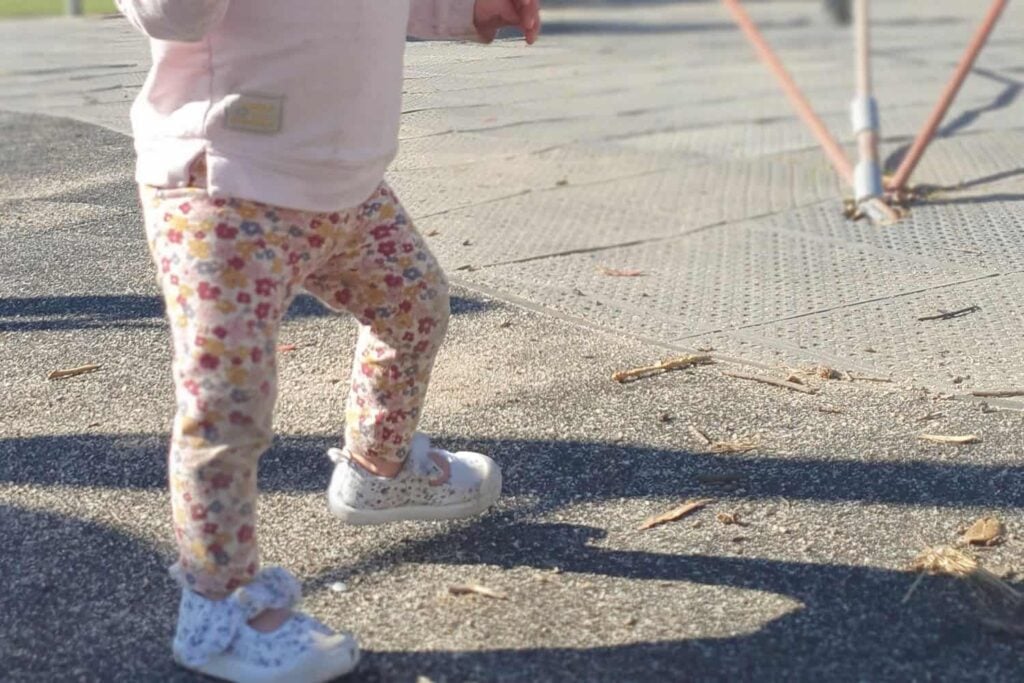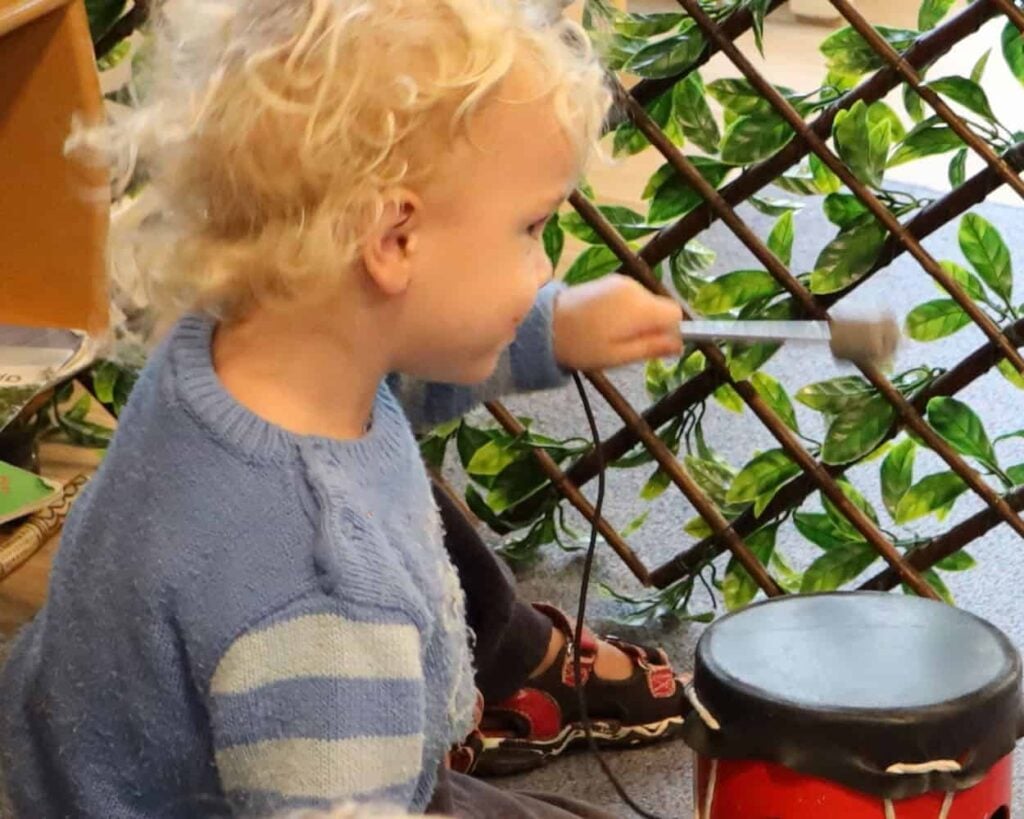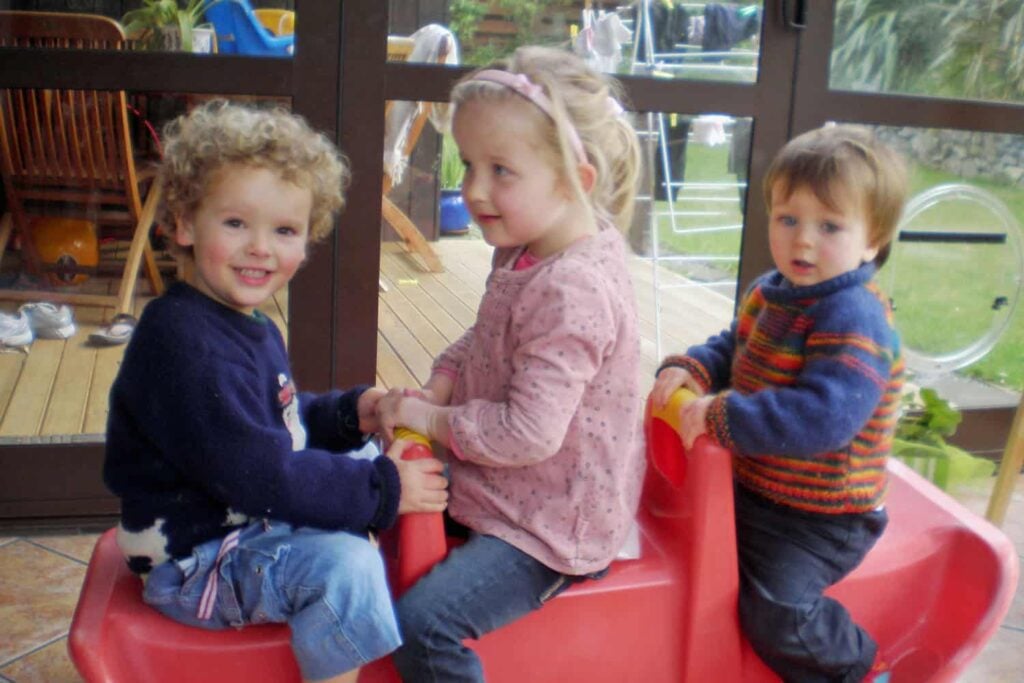May 30, 2016.
Early childhood education workers are suffering from stress, physical injuries and bullying according to the results of a survey.
The Survey of more than 700 early childhood teachers, supervisors and managers found that:

- nearly a quarter rated themselves as highly stressed
- one quarter said they had experienced bullying in the workplace
- a third reported physical or mental health problems including recurring back pain, knee injuries, severe headaches and hearing problems.
Bullying was experienced by a quarter of survey respondents, rising to 34% of qualified teachers working in kindergartens and early childcare centres, with most saying they had been bullied by their colleagues or more senior staff. Bullying came in the form of derogatory comments, sometimes of a personal nature, emotionally negative working conditions and threats to job security.
More than half of the survey respondents reported experiencing stress moderately to extremely often during a typical week, with 23% saying they felt highly stressed often or all of the time. This led to physical problems, including insomnia, anxiety and weight gain.
An excessive workload was a major reason for stress, with many saying they did not have time for the amount of writing and paperwork required while inadequate staffing ratios, dealing with challenging behaviour by children and combining work and study requirements were also mentioned.
Physical injuries included back, neck and arm strains caused by activities such as picking up children or bending down to reach a child’s level. Falls and slips on wet floors or due to colliding with toys and equipment were also common and some staff suffered injuries caused by children such as biting or hitting.
Many respondents commented that they did not always feel in a position to tell their employers about their issues in case of negative response, or that no changes would be made in any case as it was considered part and parcel of working in early childhood education.
Dr Sarah Alexander said while the survey showed mixed responses with some staff reporting low stress levels and adequate working conditions, any stress or injuries in the early education sector needed to be taken seriously.
She said: “Stress and physical injuries are not helpful in any profession or industry, but among people working with the youngest members of our society at early education services these issues are particularly concerning and could have far-reaching effects not only on the staff members themselves but also on the children in their care.”
She added that bullying should have no place in early childhood education and witnessing staff being bullied could have a negative knock-on effect on children, their learning and their behaviour.
“If staff are dealing with physical or emotional issues caused by the workplace or are needing to take time off work to attend to their health or injury problem it makes it difficult for them to give their full attention and energy to the children. This then makes it hard for children to develop the close relationships with educators that make them feel secure at their early childhood service”.
Dr Alexander said the Ministry of Education should take note of the survey findings and recommendations for making sure service providers and employers meet their obligations for worker health and safety as this is linked to compliance with education regulations and also to health and learning outcomes for children.
Under the new health and safety rules, early childhood education services are a PCBU (a person conducting a business or undertaking) which means the service owners have a duty of care in ensuring staff are safe and healthy at work by reviewing risks within the working environment and listening and responding to staff concerns and suggestions. Early childhood services could use the survey results and the new legislation to open a conversation with staff about health and safety in their workplace.
She said: “It appears that many people think that back problems or falls are a standard part of working in early childhood and don’t warrant a mention, but this shouldn’t be the case.
Good employers will be thinking about how to better manage and minimise those risks, not only for the health of their staff but also for the good of their service as a whole. With health and safety at work in the spotlight due to recent law changes, early childhood education services should think carefully about their staff welfare and safety and have some frank and open conversations on how they can improve working conditions”.
About the survey
A total of 762 people responded to the survey which was carried out online. Early childhood education workers shared their experiences of workplace health and safety as part of a larger survey at the end of 2014 that also canvassed views on the quality of their early childhood service, conditions of employment and job satisfaction.
The respondents included carers, teachers, senior teachers, and managers working at ECE centres and home-based agencies. The survey did not include service owners as it was designed to gauge staff illness, injuries and other employment matters. Nearly all staff were in permanent employment (89%), with the remainder in other positions such as fixed-term, casual, and regular volunteer.
Most staff were fully qualified and held or were working toward their full teacher registration status (85%). They tended to be women (96.5%), and aged 25 to 44 (51%) or 45 to 64 (41%) years.
The majority of respondents worked at childcare centres (76%) as to be expected since this is the part of the sector with the largest workforce. Other staff worked at Kindergartens (16%), Home-based agencies (4%), and Playcentres, Kohanga Reo, hospital-based services and playgroups (4%).
Half the staff worked in the private sector and half in the community/public sector.
The largest number of staff represented in the survey came from the Auckland (31%) region, Wellington (13%), Canterbury/ West Coast (10%), and Bay of Plenty/ Gisborne regions (9%). Manawatu-Wanganui/ Taranaki (9%), Waikato (8%), and Otago (7%). Southland had the smallest number of respondents (2%).
Read more: Survey report. Recommendations for actions that the Ministry of Education needs to take are included.






